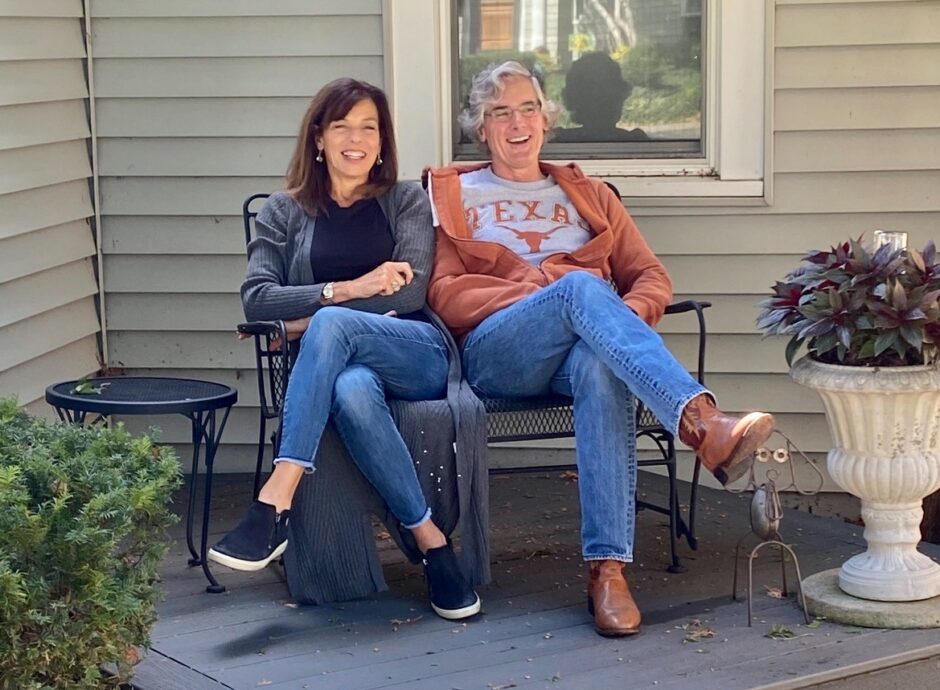
I’ve seen this one several times and it speaks to me – felt like I should share.

I am pretty tired of seeing people concoct elaborate, unreasonable explanations for why things might have happened when a more reasonable understanding is so accessible with a little extra effort.
Here’s what I’d suggest:
- Very few things are as simple as we’d like them to be.
- The truth is almost never black and white – it’s almost always conditional and multi-variate.
- If you’re arguing an extreme, absolute position, you’re probably more wrong than right.
- CNN, MSNBC, Fox News and the Opinion Sections of major newspapers (much less online, non-MSM journalism) are rarely purveyors of fact – they’re propagators of opinions and perspectives.
- Getting to a robust opinion requires diligence – the consumption of multiple sources of information over time – it’s a process of triangulation and critical thinking.
I do believe passionately that so much of the polarization in our civil discourse today grows out of one tragic, overarching reality – an undereducated populace. The issues we’re struggling with as a nation and a global community are incredibly complex – they require serious study to truly understand and over 50% of Americans are incapable of reading at a 6th grade level. That’s a recipe for political disaster.
I wouldn’t expect the majority of Americans to develop the kind of expertise in climate science or geopolitics or even the complexities associated with writing and passing a bill through both houses of the U.S. Congress that might allow them to speak with an expert’s confidence on these topics. I would simply hope that more Americans adopt an ounce or two of humility with regard to their level of understanding before they weigh in aggressively on a topic or take an extreme or absolutist position.
I’d also hope, challenging as it may very well be, that people get off the internet and make the occasional effort to pick up a book or a reputable journal from time to time (e.g., Scientific American, Foreign Affairs). First and foremost, the more you read, the easier it gets. Secondly, it really forces you to engage and think in a way that one shot, quick hit internet content most definitely does not. Questions are better than declarative statements and could / might / maybe are almost always better than is / are.
That’s not to say that everything you read in a book, or a journal can be classified as fact or truth – just that the effort to construct and support a defensible argument on a complex topic takes a lot of work. The discipline that kind of work requires and the broad and public exposure it attracts helps to ensure its value. You won’t get that in a three-paragraph newspaper article, a three-minute cable news panel discussion or a social media post.
To be at least partially and effectively informed, you actually have to dig in a little. I believe it’s worth the time.
